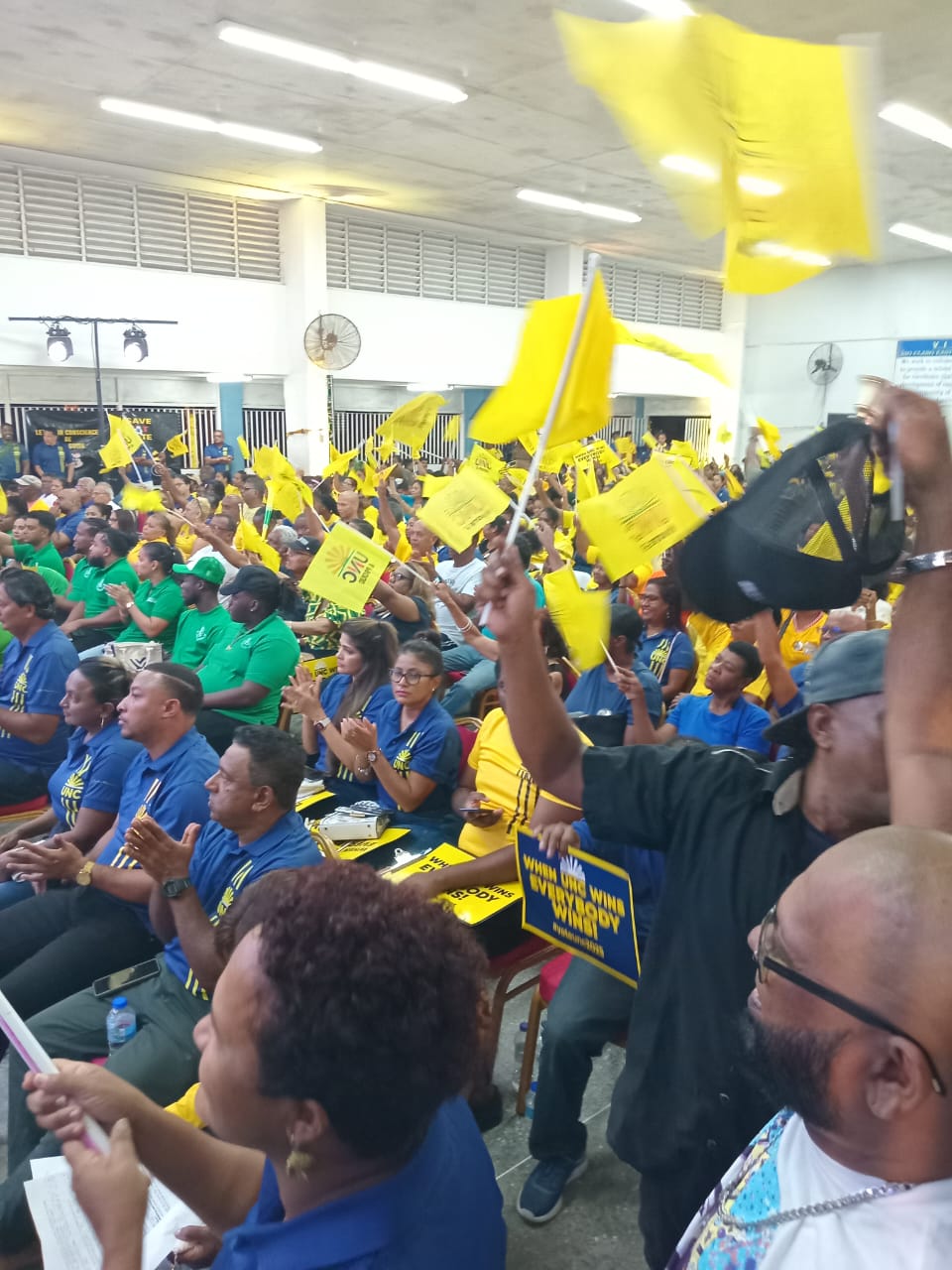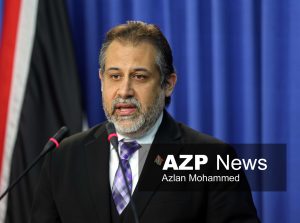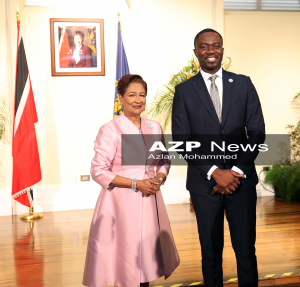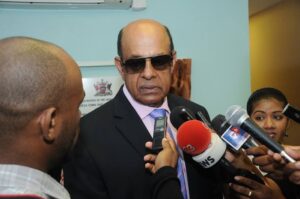AZP News Commentary

FOLLOWING the 2025 Budget response by the opposition leader last September, I wrote a commentary on the UNC economic plan, which was published right here on AZP News, on September 8th, 2024.
Entitled “UNC Manifesto – An Economic Disaster”, I noted, even then, that Mrs Persad Bissessar’s piecemeal plan presented, was destined to cut revenue significantly, while dramatically increasing expenditure, thereby pushing the budget deficit to as high as $20 Billion. I concluded, “this will be a fiscal and economic disaster for this country.” Now that we have more elements of this plan being communicated in this election season, I would like to add a part 2 to this expanded analysis.
Paid political ad
Unfortunately, this new information, far from changing my conclusion, only strengthens it. Mrs Persad Bissessar and the UNC continue to make excessive populist promises to the people of this country in the hope of enticing them to support the party and place them in Government. Once more, an analysis of these plans shows, again, that revenue will be reduced even further, while they intend to significantly increase government expenditure.
My own analysis as well as publicly available calculations, such as those presented by Mr. Anthony Wilson in a recent Business Guardian article, entitled “Can T&T afford Kamla’s promises?”, paints a grim picture. Interestingly, Mr. Wilson’s presented analysis, which he stated was independently verified by economists, also estimates a similarly excessive deficit close to $20 Billion, resulting from the UNC’s plans.
However, Mr. Wilson is not the only one, as economists and financial experts across the country have started sounding the alarm. In a recently published Guardian article, entitled “Economists question feasibility of Opposition’s 10% wage promise”, economist, Dr Marlene Attz, warned about the UNC’s plan, stating, “the proposal is risky given T&T’s financial constraints”. Dr. Indira Sagewan, in the same article wondered if some of these promises might be, “unrealistic and premature.” Mariano Browne’s opinion on these promises was, “you can only finance those things with either more taxes or more borrowing”.
However, there’s another option which may be so fiscally irresponsible, that the rational economist may not contemplate it, this is a devaluation. I have seen presented on the political platform evidence that the UNC may plan to remove the so-called, “dirty float” and expose the TT dollar to market forces. If this is what it sounds like, the question has to be asked, is the UNC intending to change our exchange rate regime to a free float? Given the current market dynamics, this would, at minimum, lead to a significant depreciation in our currency and at worst, according to Prime Minister Young, can result in a possible 15 to 1 devaluation.
In a catastrophic scenario like this, prices can more than double, increasing by as much as 120%, practically overnight. On fixed salaries, citizens will be able to afford far less at supermarkets and grocery baskets could be cut by more than half. To put into perspective with a TT$15 to US $1 exchange rate, a 10 kg pack of flour can move from $65 to almost $145, a 2kg pack of rice can move from $25 to over $53 and 1 lb of potatoes (aloo) can more than double from $5 to $12. A depreciation or devaluation of this magnitude can pauperise a country, drastically erode spending power and savings, and lead to severe economic pain and hardship.
More so, a significant depreciation or devaluation of the TT dollar will have the impact of increasing the TT dollar value of our foreign debt, immediately increasing our debt burden and the pressures for debt servicing. Fear and loss of confidence will scare foreign investors who will withdraw investments and US dollars resulting in a stampede of capital flight. In a free float, this will invariably add further downward pressures on the TT dollar and result in a continuous destructive downward spiral. A free float in a panic and crisis of confidence, can lead to a vicious and debilitating cycle, which can eventually lead to skyrocketing hyperinflation, disastrous economic decline and a crushing debt default. We will inevitably be at the doors at the IMF at this point and in store for the further pain, difficulties and austerity.
So, in part 2 of my analysis of the UNC plans, a mere six months after my first, my conclusion hasn’t changed, in fact it has become even more dire. While it may be easy to promise a fantasy world to voters, the reality is that on April 29th, 2025, the seriousness and sobriety of governing will settle in and a budget, with an already $5.5 Billion deficit, will have to be confronted. The headwinds of an increasingly risky geopolitical landscape will have to be navigated and nimble, adaptive and steadfast leadership will be required. With unrealistic plans and failure to incorporate our current or future economic realities, I highly doubt the UNC is the party to do just that.
Vyash Nandlal is an economic researcher and advisor in the Office of the Prime Minister with more than 14 years’ experience in the field of economic and financial research and analysis. He holds professional qualifications in Economics and Finance and serves on the boards of several private, state and non-profit organisations.
![]()












